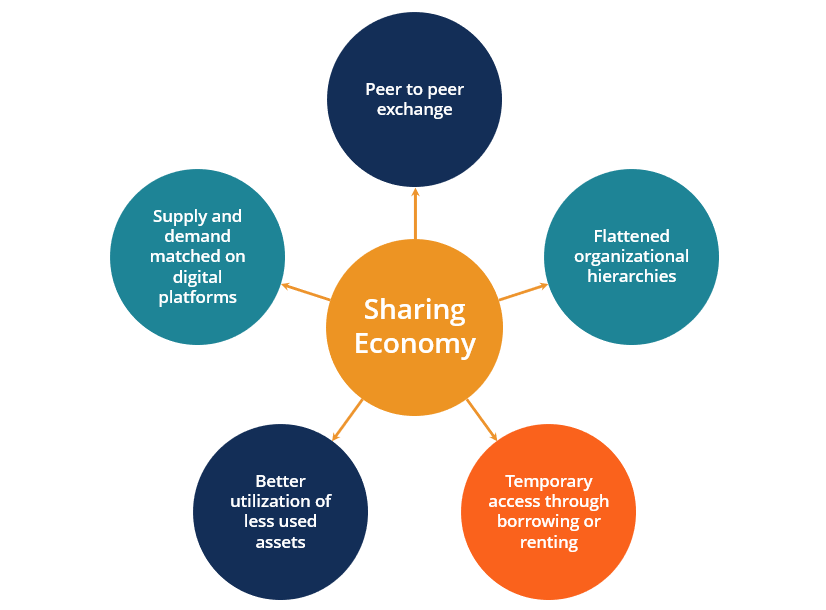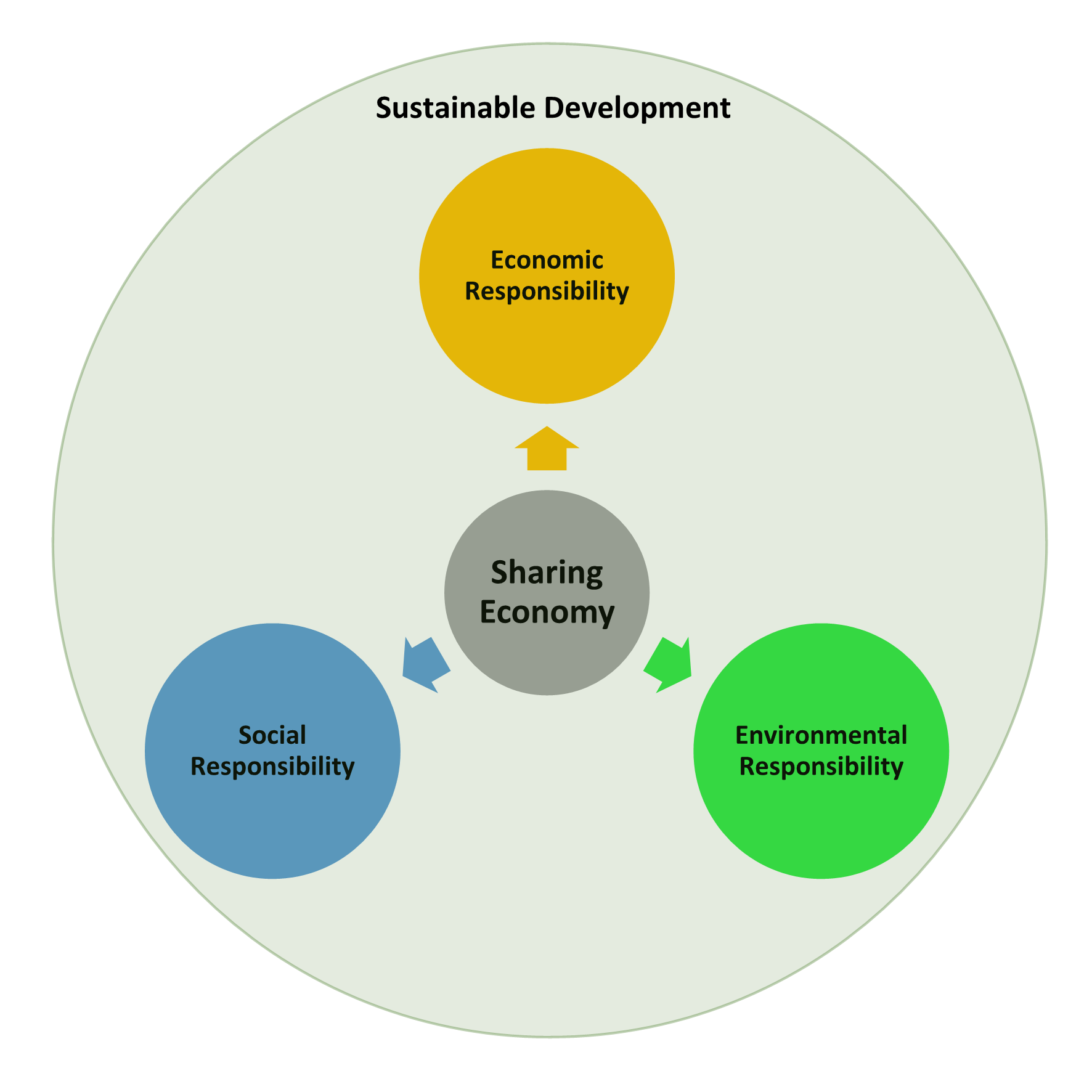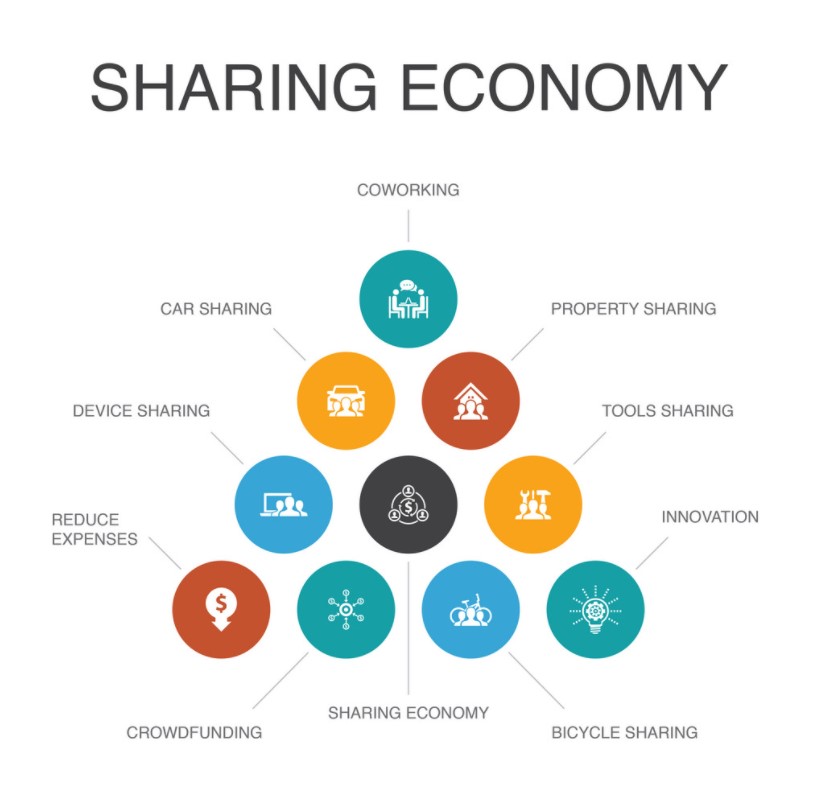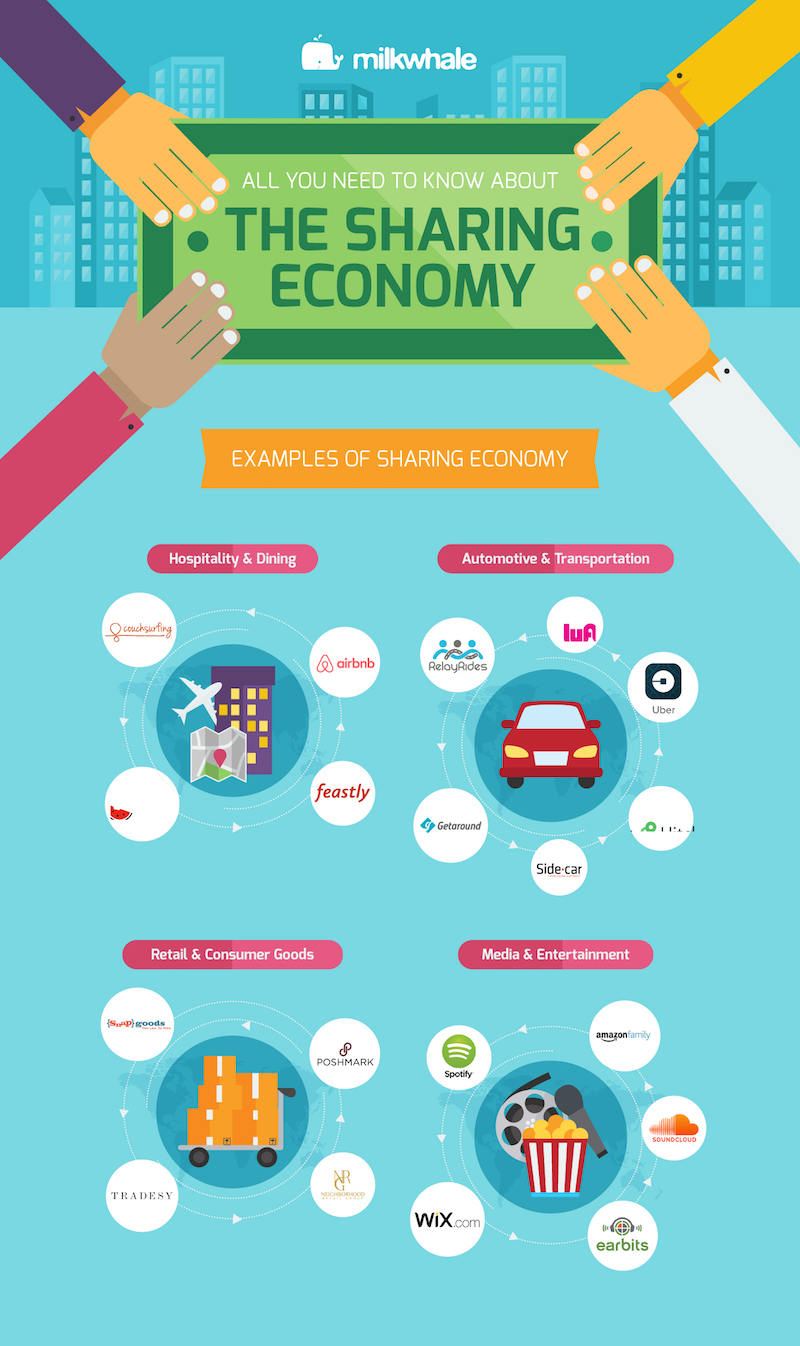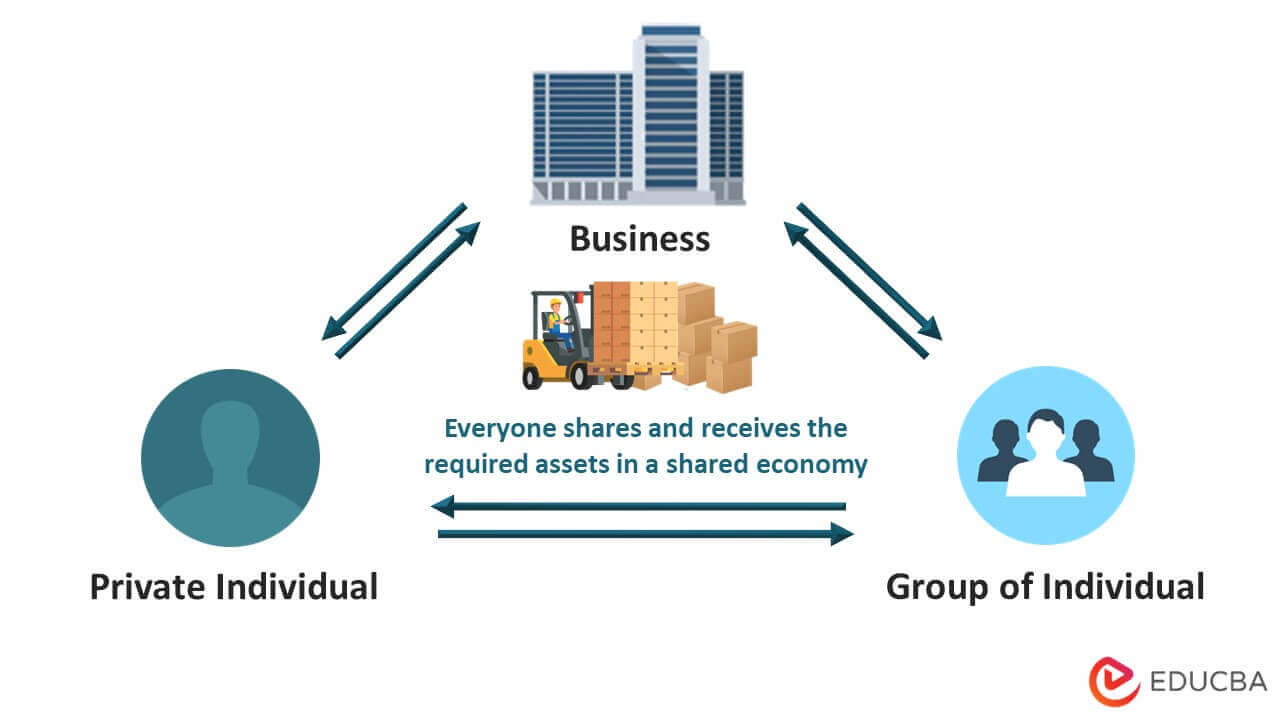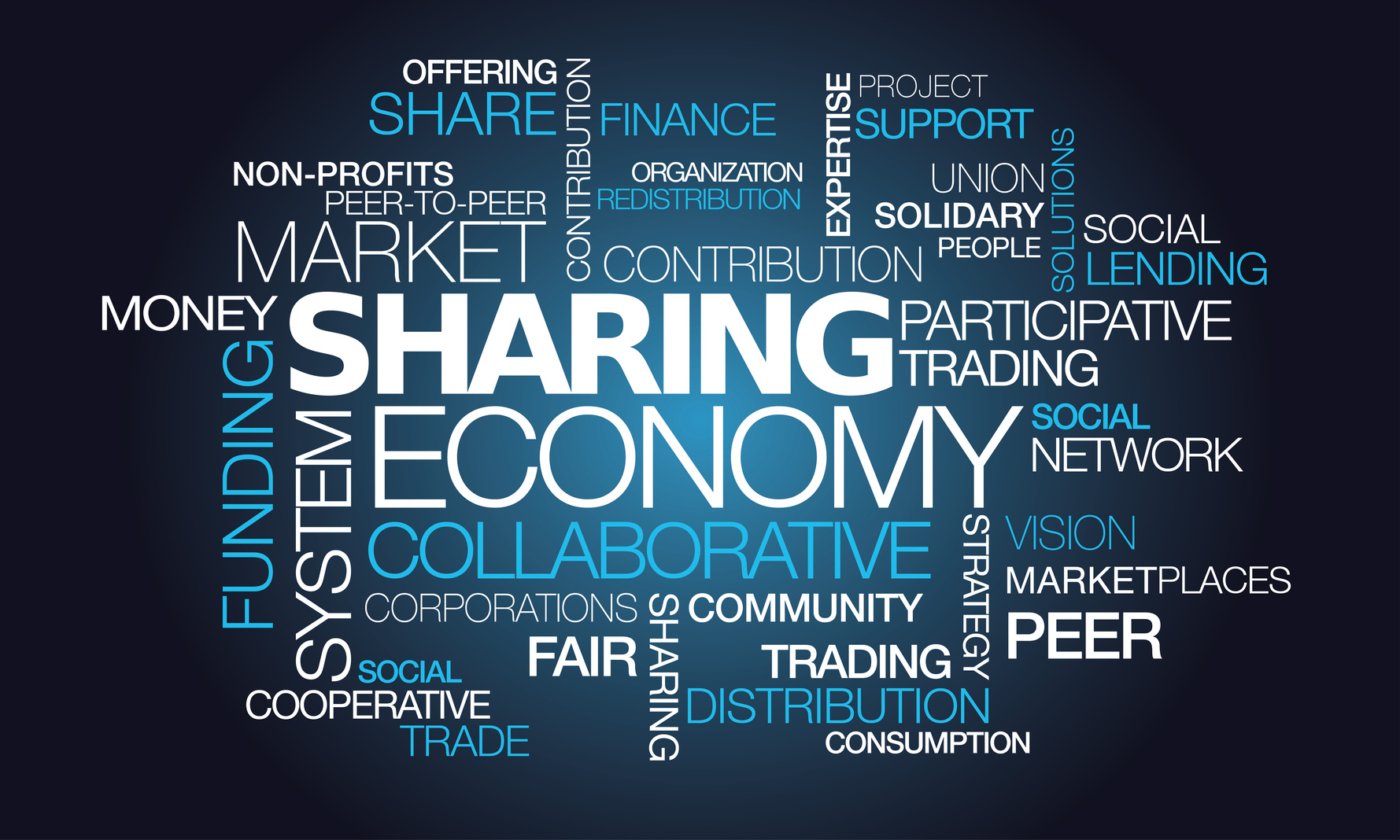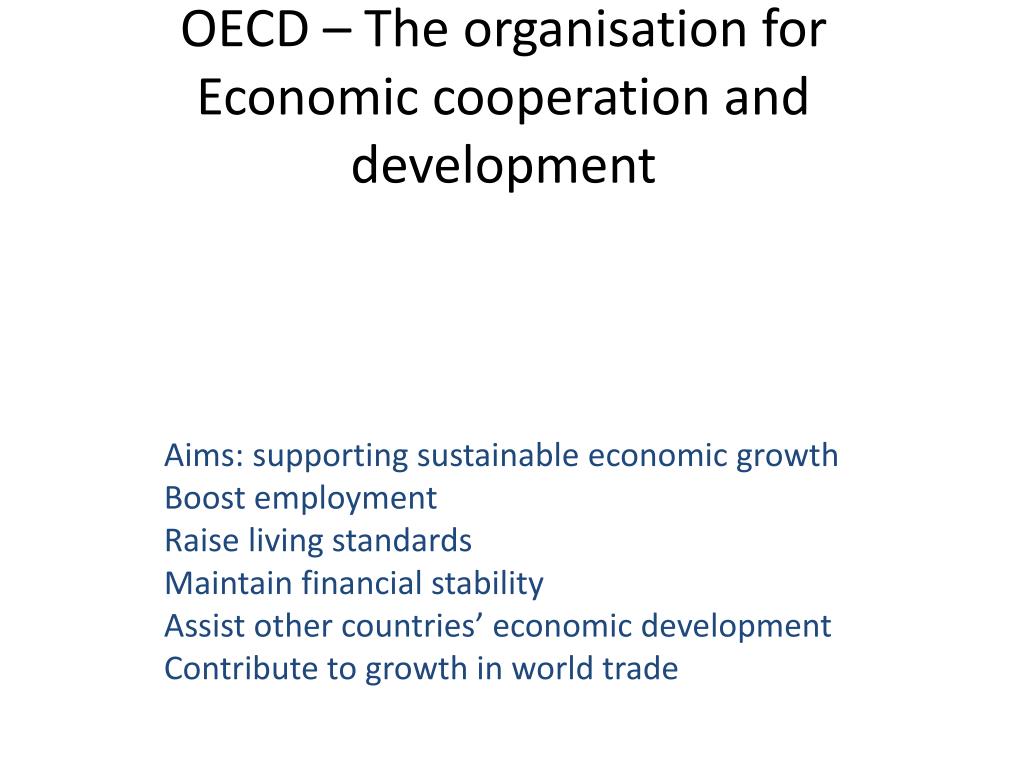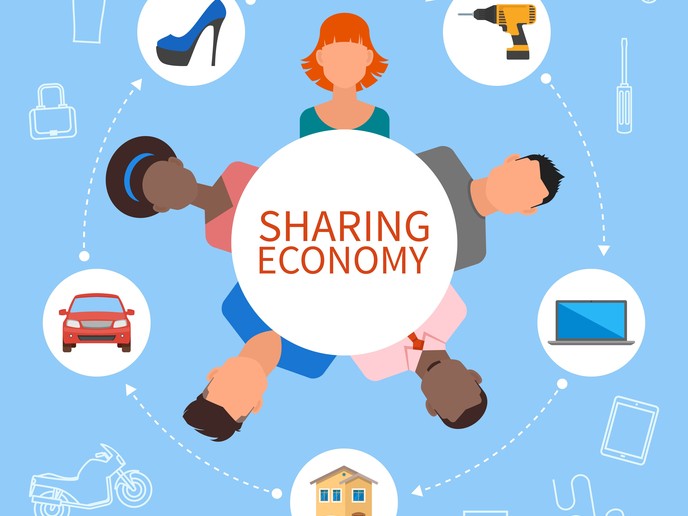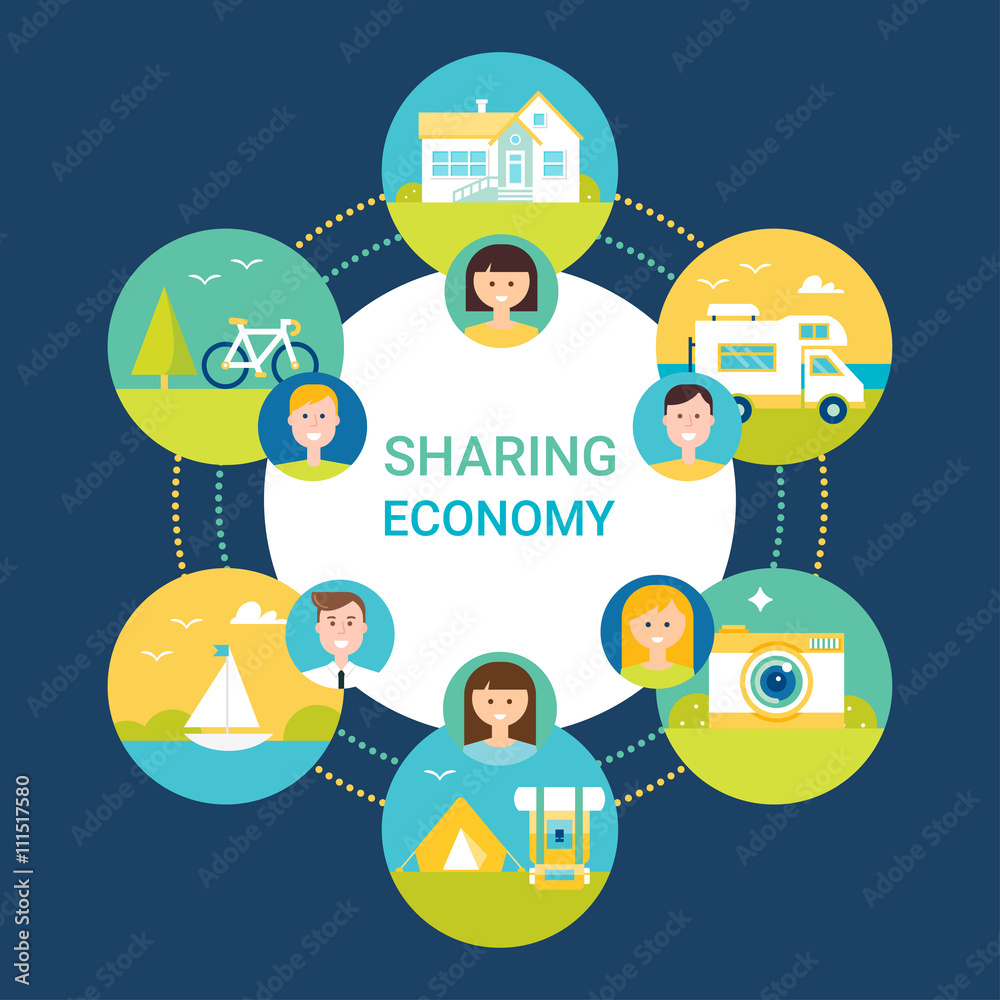Which Organization Created A Shared Economy
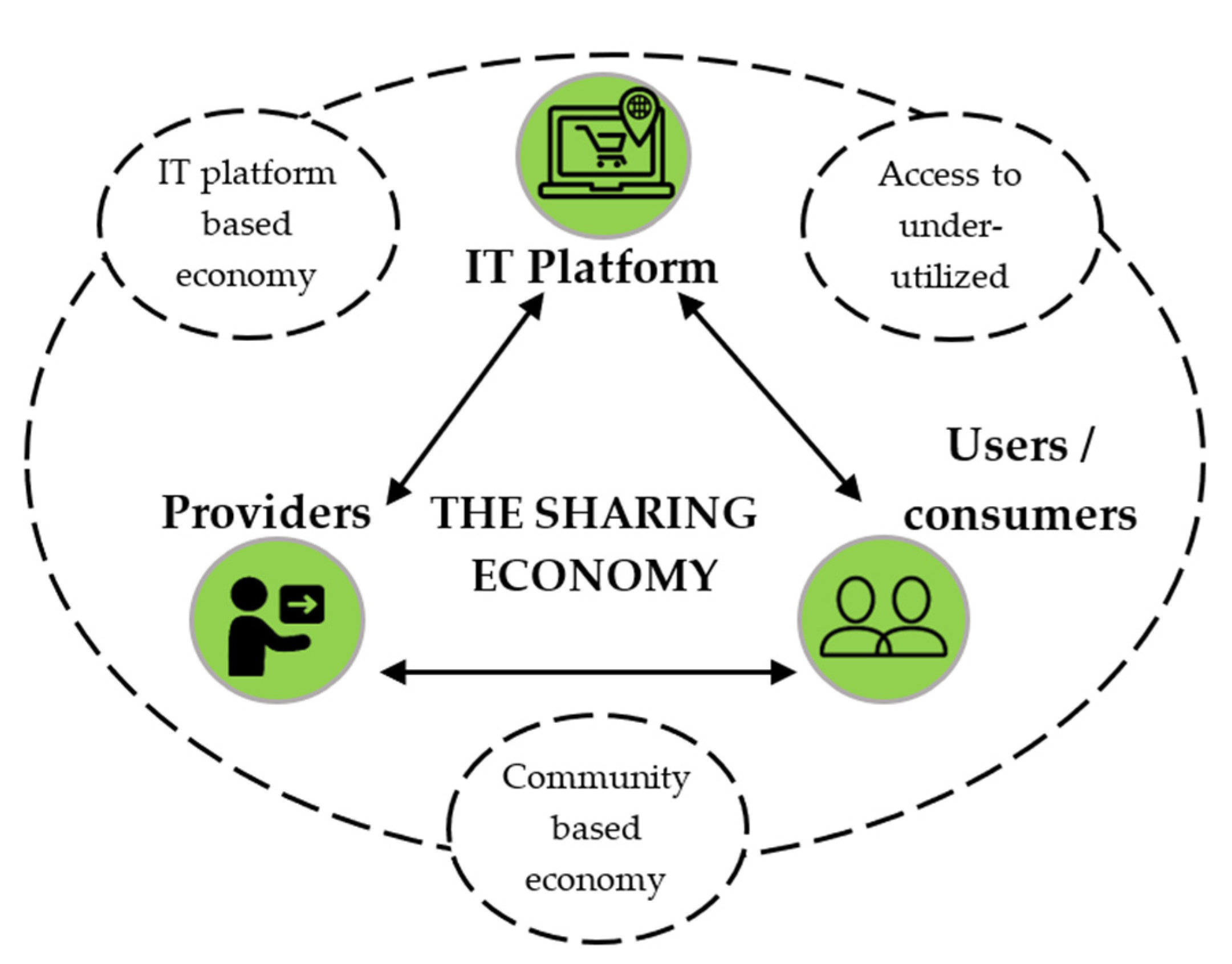
The Mondragon Corporation, a federation of worker cooperatives based in the Basque region of Spain, pioneered a shared economy model decades before the term became a tech buzzword. This radical economic structure, prioritizing worker ownership and democratic control, has redefined business success and societal impact.
This article examines the Mondragon Corporation's origins, its unique organizational structure, and its enduring legacy as a blueprint for a more equitable and sustainable economy.
The Genesis of a Cooperative Giant
In 1956, Father José María Arizmendiarrieta founded a technical college in Mondragon, Spain. This institution was designed to empower local residents with the skills necessary for industrial development.
Out of this college, the first worker cooperative, Ulgor (later Fagor Electrodomésticos), emerged. Ulgor laid the foundation for what would become the Mondragon Corporation.
The Cooperative Ecosystem: How Mondragon Works
Mondragon is structured as a network of independent cooperatives. Each cooperative is owned and democratically controlled by its worker-members.
The worker-members elect a management team. They also participate in annual general assemblies to make key decisions about the cooperative's strategy and operations.
A crucial element of Mondragon's success is its Caja Laboral Popular (CLP), a cooperative bank. CLP provides financial support and guidance to the cooperatives within the network.
Key Features of Mondragon's Shared Economy Model
Worker Ownership: Employees are also owners, sharing in the profits and decision-making processes.
Democratic Governance: Each worker has a vote in the cooperative's governance, ensuring a democratic and participatory workplace.
Inter-cooperation: Cooperatives support each other through resource sharing, training, and mutual assistance, fostering a strong sense of community.
Mondragon's Impact: Beyond Profit
Mondragon is one of the largest business groups in the Basque Country and Spain. It operates in diverse sectors including finance, industry, retail and knowledge.
Unlike traditional corporations, Mondragon prioritizes job creation and social well-being. This contributes significantly to the economic stability of the region.
Mondragon's commitment to ethical and sustainable business practices has earned it international recognition.
Challenges and Adaptations
Mondragon has faced challenges, including the 2008 financial crisis. Competition from globalized markets also posed difficulty.
The organization has responded by diversifying its operations and expanding internationally. They adapted to meet the evolving demands of the global economy.
Maintaining its cooperative principles while adapting to new market realities remains a key focus for Mondragon.
The Future of Mondragon and the Shared Economy
Mondragon's enduring success serves as a powerful example of a viable alternative to traditional capitalism. It offers valuable lessons for building more equitable and sustainable economies.
The cooperative model continues to inspire movements for worker empowerment and democratic ownership around the world. This will increasingly becoming relevant in the face of growing inequality.
Mondragon is actively exploring new technologies and business models. They aim to strengthen its cooperative identity in the digital age.
